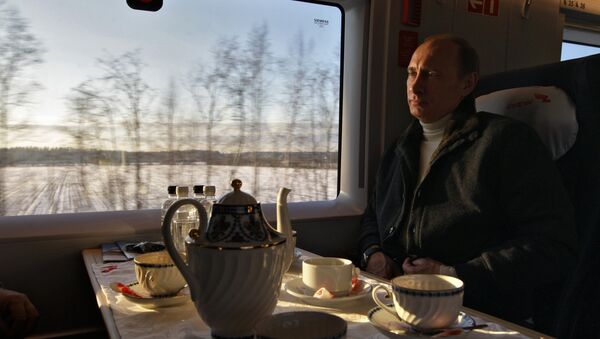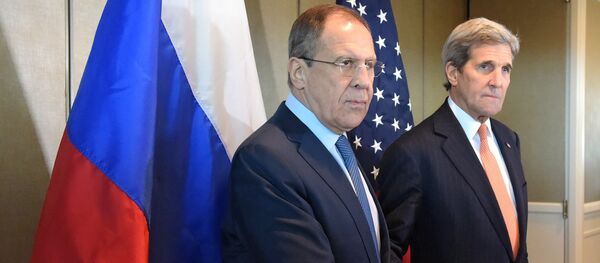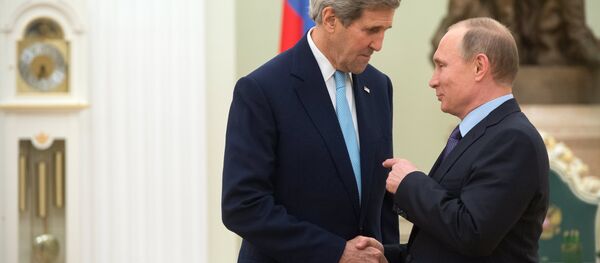Nistad's reasoning is simple – in the early 2000s Putin reached out to the US. "Putin put a significant effort into improving [Russia's] relations with the United States and the West," the historian wrote in an article for Bergens Tidende, a Norwegian daily.
Following the 9/11 attacks in the United States, the worst terrorist act in the American history, Russian President Vladimir Putin was the first to call his counterpart George W. Bush offering condolences and support. When Washington launched its campaign in Afghanistan, it was the Russian president who "convinced leaders of the former Soviet states in Asia to allow Americans to use their air bases," Nistad explained.
Instead the United States launched its global missile defense initiative, much to Russia's discontent. The North Atlantic Alliance welcomed new members, expanding closer towards Russia's western borders – a move that Moscow was very uncomfortable with. In addition, the West supported the so-called color revolutions in post-Soviet states. In all these instances Russia's opinion and concerns were dismissed as unimportant.
"The 2008 war with Georgia, which was sparked by Tbilisi attacking South Ossetia, proved that the Russian leadership was ready to use force to protect what it considered to be its vitally important geopolitical interests," Nistad observed. "Western politicians should have understood that it was stupid to provoke Russia, since Moscow had the means and the will to answer in kind."
It is this logic, Nistad believes, that points to an inescapable conclusion – Ukraine should never become a NATO member. "Provocations like the one that led to the downing of a Russian military plane should also be avoided," he added, referring to Turkey shooting down a Russian Su-24 in November 2015.





